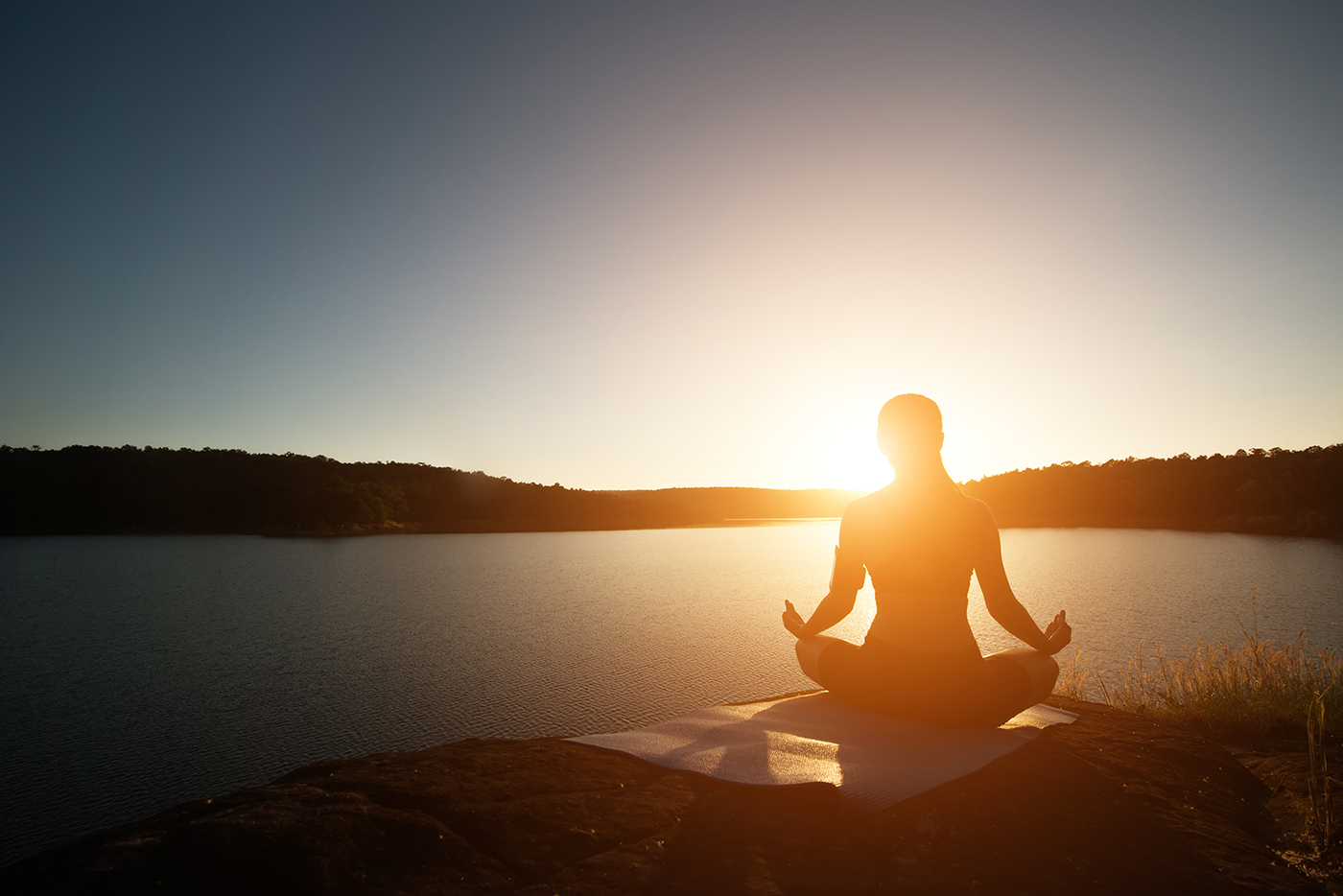How to be more confident: magnificent tips that truly work!

To be confident refers to the trust you have in your abilities, qualities, and decisions. According to the American Psychological Association, self-confidence is characterized as ‘the conviction that you can competently fulfill the requirements of a given task’.
Self-confidence can either be a broad belief in your capacity to manage your life or can be more specific to certain situations. While you might exhibit high self-confidence in a particular field, you may lack confidence in other areas. Studies have shown that self-confidence plays a crucial role in maintaining mental and physical well-being. In other words: to have a happy and good life.
Having a healthy level of self-confidence can benefit you in various ways, including greater accomplishments in both personal and professional spheres. Studies have found that individuals with higher levels of confidence tend to perform better academically. Additionally, your level of confidence can impact how you portray yourself to others.

Simple ways to be more confident
Thankfully, there are numerous strategies to enhance your self-confidence, regardless of whether you face difficulties with confidence in a specific domain or struggle to feel confident in any situation. The following nine tips can assist you in developing more self-confidence.
Stop comparing yourself to other people
Do you find yourself measuring your appearance against the people you follow on Instagram? Or, perhaps you compare your income to that of your friends. According to social comparison theory, comparing ourselves to others is a natural tendency, but it is unlikely to improve our self-confidence. In fact, it may have the opposite effect.
A study published in Personality and Individual Differences in 2018 discovered a direct correlation between envy and self-perception. Specifically, the researchers noted that people who compare themselves to others experience envy, and the more envy they feel, the lower their self-esteem.
What are some ways to enhance your self-confidence when you catch yourself making comparisons? Firstly, remind yourself that such comparisons are unproductive. Every individual is pursuing their unique path, and life should not be seen as a competition.
If you find yourself experiencing envy towards someone else’s achievements, it can be beneficial to reflect on your own strengths and accomplishments. Maintaining a gratitude journal can assist in recollecting the aspects of your life that you are grateful for. This approach can shift your focus from others’ lives to your own.

Surround yourself with individuals who radiate positivity
Pause for a moment and reflect on how your friends affect your emotional state. Do they inspire and uplift you or do they have a negative impact on you? Do they frequently criticize you or accept you for who you are?
The people you surround yourself with can significantly shape your self-perception and mindset, often more than you might think. Therefore, it is essential to be mindful of how others make you feel. If spending time with someone leaves you feeling down about yourself, it may be time to move on.
Rather, seek out individuals who genuinely care for you and have your best interests at heart. Look for people who exude positivity and can contribute to enhancing your self-confidence. A positive outlook and a healthy level of self-confidence often go hand-in-hand.

Take care of your body
The suggestion on how to boost confidence revolves around the notion that mistreating your body can impede self-esteem. By engaging in self-care activities, you are aware that you are nurturing your mental, physical, and spiritual well-being, which can naturally enhance your confidence.
Listed below are some self-care practices that have been associated with elevated levels of self-confidence:
Diet
Healthy eating habits have numerous advantages, one of which is improved self-assurance and self-esteem. When you consume nutrient-rich foods, you experience a sense of healthiness, vigor, and resilience, leading to a more positive self-image.
Exercise
Research has consistently demonstrated that engaging in physical exercise can enhance self-confidence. In a 2016 study, participants who engaged in regular physical activity exhibited improved body image, which in turn led to an increase in confidence levels.
Meditation
Meditation can serve as more than just a means of relaxation, as it can positively impact self-confidence in various ways. Through meditation, you can develop a deeper understanding and acceptance of yourself, while also learning to disengage from negative self-talk and detrimental thought patterns that can undermine confidence.
Sleep
Inadequate sleep can have adverse effects on your emotional well-being. Conversely, getting enough quality sleep has been associated with positive personality traits, such as optimism and self-esteem.
Self-confidence is closely tied to self-care, and it is essential to ensure that you are meeting your needs to foster a positive view of yourself and your capabilities.

Be kind to yourself
Self-compassion entails treating yourself with kindness when you encounter setbacks, make mistakes, or fail. It facilitates emotional adaptability and equips you with the tools to navigate difficult emotions, ultimately deepening your relationship with yourself and those around you.
In 2015, a study established a correlation between self-compassion and self-confidence. Therefore, when faced with a challenging circumstance, it is crucial to acknowledge that being imperfect and experiencing setbacks is a normal part of the human experience. Endeavor to approach such situations with self-compassion.

How to be more confident: magnificent tips that truly work conclusion
At some point, everyone experiences challenges with self-confidence. Fortunately, there are various methods you can employ to boost it. Often, adopting confident behaviors can result in feeling more self-assured.
In some instances, low self-confidence may be a symptom of a mental health disorder, such as anxiety or depression. If your self-confidence struggles begin to impact your social life, work, or education, it may be helpful to consult with a mental health professional.
In this case a therapist can assist you in gaining a deeper understanding of your problem, suggest suitable treatment options, and work with you to develop strategies to boost your self-confidence.



















